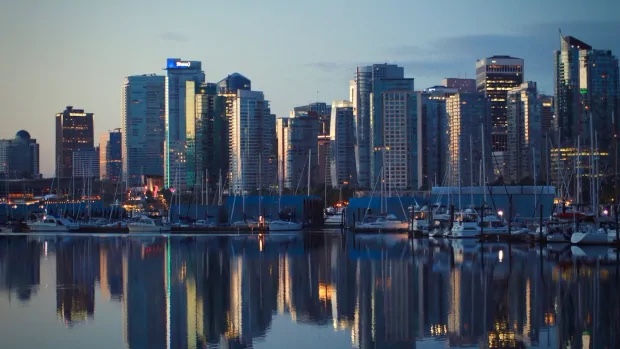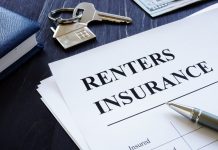B.C. is expanding the reach of its speculation and vacancy tax.
The tax — meant to discourage housing speculation and vacant homes in major urban centres — will soon apply to North Cowichan, Duncan, Ladysmith and Lake Cowichan on Vancouver Island and to Lions Bay and Squamish on the Sea to Sky corridor.
These new communities will be “protected” by the tax starting 2023, said B.C. Finance Minister Selina Robinson at a news conference on Wednesday.
“People in these communities has been vocal about the intense housing pressures they have been facing including speculation and near-zero rental vacancy rate,” she said.
“After careful consideration and listening to people and community leaders on speculative real estate concerns in their communities, we’re expanding the tax to these additional areas that are facing intense housing pressures.”
The tax was introduced in 2018 by the NDP government as a way to discourage housing speculation and vacant homes. It also targeted foreign owners and satellite families who have Canadian citizenship but earn their incomes outside Canada.
The tax currently applies to owners of empty homes in the Metro Vancouver, Victoria, Nanaimo and Kelowna metropolitan areas. Foreign owners and satellite families pay a higher tax rate.
The move to expand the tax to the smaller communities was based on an independent review that found these communities were experiencing housing pressures due to their exempt status and proximity to taxed communities, said Robinson.
“We kept an eye on how this tax unfolded,” she said. “There was good analysis done and recommendations on where else this might need to be expanded given the pressures that’s being pushed outside of urban centres.”
The expansion, however, did not extend to Whistler, a resort municipality north of Squamish with a well-known housing crunch.
Robinson said Whistler’s status as a vacation resort community meant it had “unique” housing challenges. The ministry is monitoring the housing market in Whistler and other resort communities and will use other tools to tackle their issues, she added.
The ministry cited a recently released independent report that found the speculation and vacancy tax is working as intended to keep housing prices and rents lower.
The report, prepared by University of B.C. professor Tsur Somerville and analyst Jake Wetzel, said the tax had contributed to the return of 20,000 condo units to the long-term market in Metro Vancouver.
It also added approximately $231 million to government coffers between 2018 and 2020, with 68 per cent of the revenue coming from foreign owners and satellite families.
B.C. Green MLAs Sonia Furstenau and Adam Olsen said they had written to Robinson in February requesting an expansion of the tax into their ridings.
Green Leader Furstenau, who is also MLA for Cowichan Valley, welcomed the tax but added it is not a silver bullet. “We need to increase supply (especially of non-profit and co-op housing), encourage municipalities to enact density zoning, and more,” she said in a statement.
Olsen, who represents Saanich North and the Islands, said he was disappointed the southern Gulf Islands were not included.
In response to claims by the NDP that Liberal Leader Kevin Falcon would cancel the tax if elected, Falcon accused the NDP of playing politics with the housing crisis.
“I’ve been very clear that I would not scrap the tax and would instead examine all the taxes the NDP has imposed on housing,” said Falcon in a statement Wednesday. “The cost of renting and buying in B.C. is higher than ever under the NDP and we should be looking at measures that actually address speculation, which the NDP isn’t doing.”
Falcon said B.C. needs to look at other strategies to solve the housing crisis, including increasing supply and reviewing the cumulative impact housing taxes has on affordability.
The speculation and vacancy tax levies an additional two per cent on the property’s assessed value for foreign owners and satellite families, and an extra 0.5 per cent for residents.
Homeowners must complete a declaration every year to declare their residency status and how their property was used.
The tax will take effect in the new communities in January 2023, meaning homeowners will have to declare their status for the first time in January 2024. Exemptions are available for primary residences, properties with a long-term tenant, and other circumstances.
































